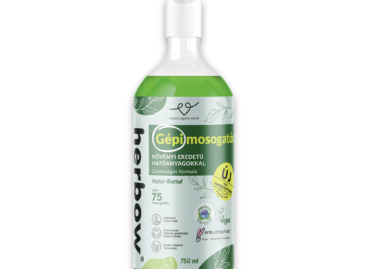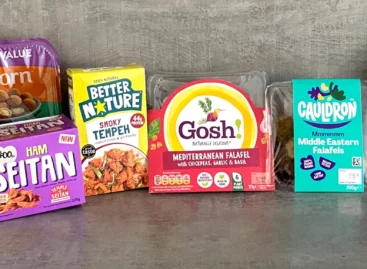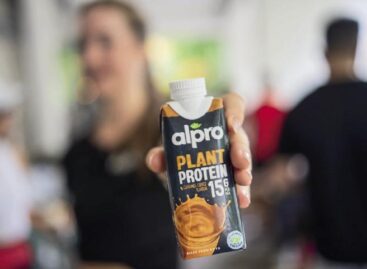Are “vegan” or “plant-based” products more popular?

Guest writer:
Réka Szöllősi
food policy analyst
elelmiszervilag.hu
ProVeg International has analysed the markets of Western Europe, trying to find out how plant-based alternatives can become more attractive to consumers. This would also be important because there is no official legal definition for these products in the EU yet, and non-standard marking can have a great impact on consumer decisions.
Three main points
The report reveals it isn’t a good idea to use the terms “meat-free” and “vegetarian” for reaching flexitarian consumers, because these suggest the product is just healthy, but not tasty. It is worth emphasising the source of the food (animal/plant), its taste, look and texture, as these are the main motivating factors for flexitarians. “Plant-based” is interpreted in different ways depending on consumer age and country, so it is best to tailor the term’s use to the peculiar local characteristics.
Trust is crucial
Other findings of the report were that 72% of flexitarians in the UK and 64% of them in the USA know that the word “vegan” refers to food that contains no meat, egg or milk, but only 51% of the British and 54% of American flexitarians think that the same is true for “plant-based” groceries too. A survey by the Good Food institute came to the conclusion that using the term “plant-based” increased sales of a product by 20% in comparison with the product being marked as “vegan”. The authors of the ProVeg International report think: as the majority of flexitarians choose plant-based foods because of health considerations, they can be reached the most effectively by using the term “100% plant”. //
Related news
Herbow Dishwasher Detergent
🎧 Hallgasd a cikket: Lejátszás Szünet Folytatás Leállítás Nyelv: Auto…
Read more >Related news
MOHU: 5,200 return points are in operation, but 47 larger settlements still do not have RE points – public “enema” machines may be introduced
🎧 Hallgasd a cikket: Lejátszás Szünet Folytatás Leállítás Nyelv: Auto…
Read more >Change in Rossmann Hungary’s leadership: Kornél Németh decided to move towards new challenges in 2026
🎧 Hallgasd a cikket: Lejátszás Szünet Folytatás Leállítás Nyelv: Auto…
Read more >









